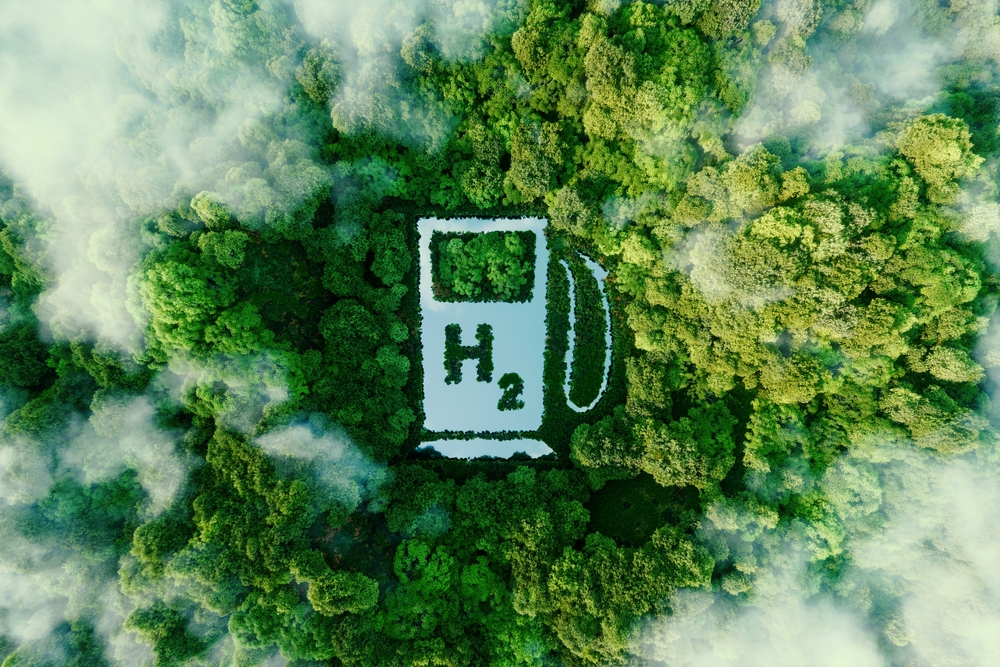Charting the Course of Hydrogen Fuel Cell Technology in Automotive Industry
Introduction: In the world of automotive engineering, the quest for alternative fuel sources is a perennial pursuit. One promising solution that stands out is Hydrogen Fuel Cell Technology. This revolutionary approach has the potential to redefine the industry's standards of power, performance, and sustainability.

A Glimpse into the Past: The Genesis of Hydrogen Fuel Cell Technology
The concept of hydrogen fuel cells isn’t new. It dates back to the 1800s when Welsh scientist Sir William Grove invented the gas voltaic battery, the precursor to modern fuel cells. However, it was in the mid-20th century that this technology began to gain traction, when NASA started using fuel cells for space missions. Automotive applications of hydrogen fuel cells were explored in the late 90s and early 2000s, with several car manufacturers releasing prototype vehicles.
The Current Landscape: Hydrogen Fuel Cells in Today’s Cars
As of now, hydrogen fuel cell technology is primarily used in a limited number of production vehicles. Though still in its nascent stages, the technology is on a promising trajectory, with several auto manufacturers investing heavily in Research & Development. The cars powered by hydrogen fuel cells offer several advantages, such as zero tailpipe emissions, quick refueling times, and longer ranges compared to electric vehicles.
The Mechanics Behind the Magic: How do Hydrogen Fuel Cells Work?
In a hydrogen fuel cell, hydrogen and oxygen are combined to produce electricity, heat, and water. Unlike conventional internal combustion engines, there are no harmful emissions, making it a clean alternative. The electricity generated powers the electric motor that drives the vehicle. The only by-product of this process is water, which is released as vapor into the atmosphere.
The Roadblocks: Challenges in Implementing Hydrogen Fuel Cell Technology
Despite its potential, hydrogen fuel cell technology faces several challenges. The production of hydrogen is energy-intensive and often relies on non-renewable sources. Infrastructure remains a significant hurdle, with a lack of hydrogen refueling stations. Additionally, the technology’s high cost compared to conventional engines and even electric vehicles is a deterrent to widespread adoption.
Looking Ahead: The Future of Hydrogen Fuel Cell Technology
The future of hydrogen fuel cell technology in the automotive industry looks promising, albeit with challenges to overcome. As technology improves and infrastructure develops, we can expect to see more hydrogen-fueled cars on the road. These vehicles, with their zero tailpipe emissions and quick refueling times, could play a significant role in reducing transport-related carbon emissions.
In conclusion, hydrogen fuel cell technology has the potential to bring a paradigm shift in the automotive industry. However, the journey towards widespread adoption is filled with challenges that need strategic solutions. As automotive enthusiasts and responsible global citizens, we must keep a keen eye on this fascinating space, celebrating triumphs and learning from trials.




